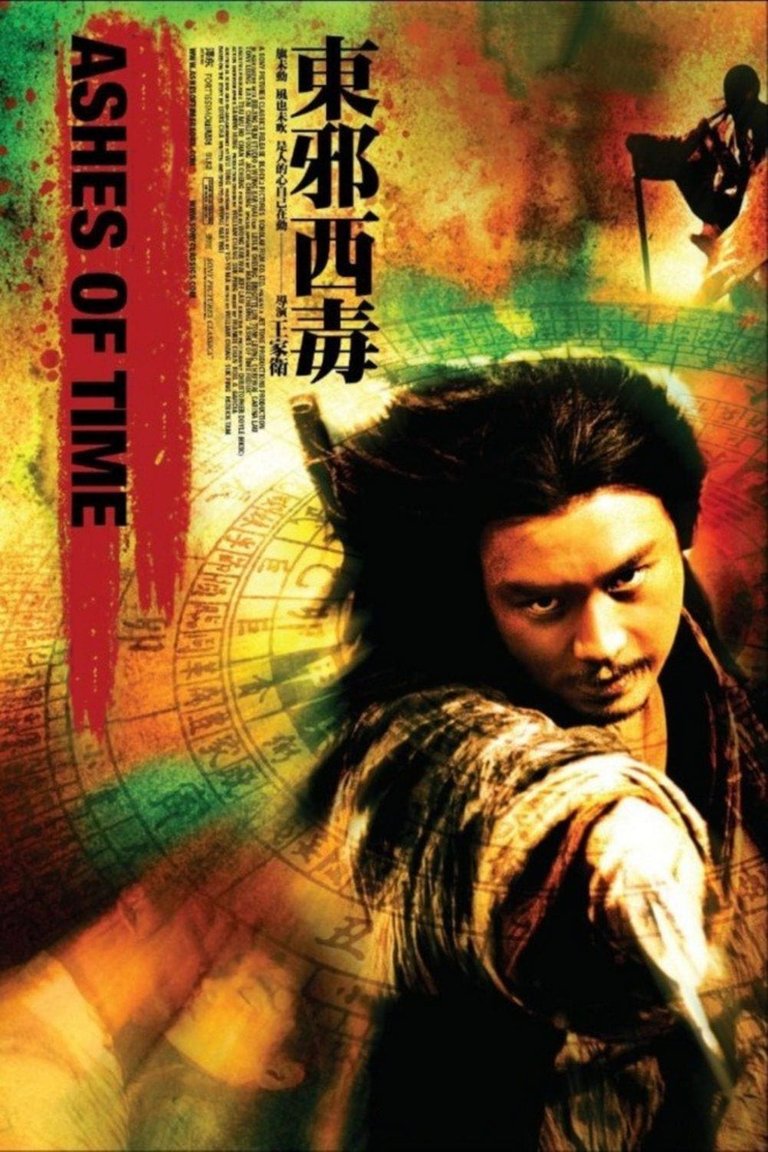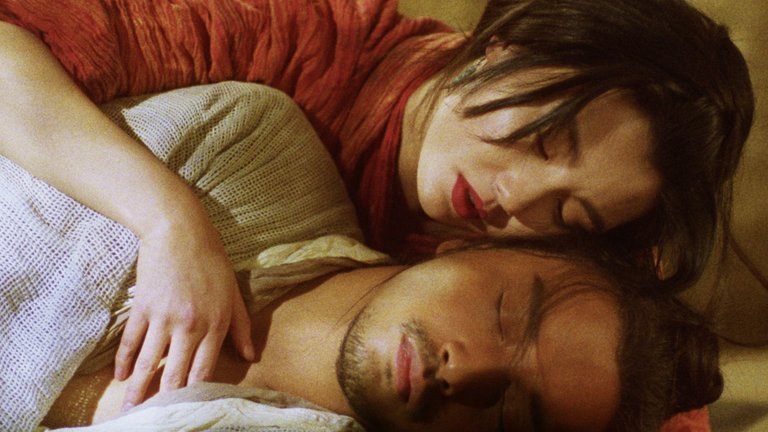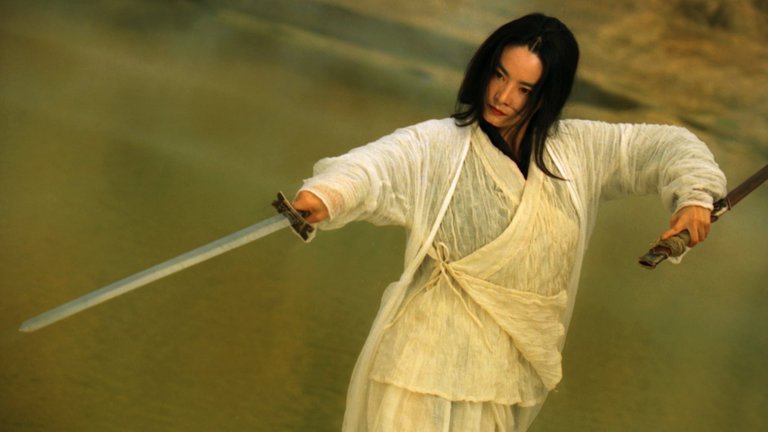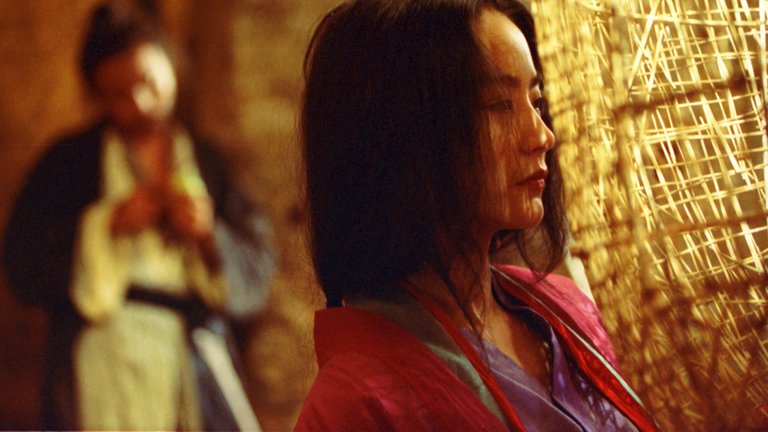"Ashes of Time" is a very stylized film work directed by Hong Kong's famous director Wong Kar Wai. The film continues its unique way of telling the expression and attitude of emotions and values with the carrier of martial arts. As a very important work of director Wong Kar Wai's career, the film won the Best Photography and Best Editing Award at the 31st Taipei Golden Horse Film Festival, the Best Film and Best Director of the 14th Hong Kong Film Awards. Nine nominations, and finally won the three awards for best photography and best art direction and best costume design with Du Kefeng and Zhang Shuping's outstanding artistic standards. As one of the directors who contributed many outstanding works to Hong Kong and even Chinese films in the late 20th century, Wong Kar Wai successfully constructed a unique Wang-style film aesthetics. "Ashes of Time" is one of the most self-contained works in Wang Kar Wai's works.

In this film, Wong Kar Wai fully displays exquisite creativity, beautiful music, incredible photography angle, and ever-changing broad perspective. Ingenious composition, the desert scene, the loneliness and the desolate atmosphere show the beauty of the previous days, bringing classical realism to the extreme. On the other hand, "Ashes of Time" is a controversial film. Most people think that this is an alternative martial arts film, which uses the form of martial arts as a carrier, but does not express the general content of martial arts movies. The opposition between justice and evil is not the subject of this film, and a series of elements and exciting fights as a commercial consideration are not the main focus of the film.

Therefore, this film not only subverts the general image of martials arts in the martial arts film, but also punishes the evil values of the fixed words in the traditional martial arts films, and has hardly become the core. Wong Kar Wai made a new attempt with great creativity. In the role of the film, the audience can hardly see any traditional martial arts decent chivalry on the characters. On the contrary, the protagonist of the film is a way of completely violating the spirit of martial arts. It is completely different from the average martial arts movie in that the director focuses on attracting the attention of the audience with detailed actions. For Wang Jiawei, the martial arts story is only a background. What he wants to tell is actually a universal feeling, an emotion that people can resonate with each other, and an inner experience of human nature.

In Wong Kar Wai's film narrative, the way of sound rendering has become one of the means to show his personal style. In "Ashes of Time", the use of a large number of dubbing has become the most important part of Wong Kar Wai's narrative language, and it has become later. It is a narrative and a main means of expression of style. The film's story stream has a strong sense of form. Without a complete storyline, the story is linked to the story by alternating the use of soundtracks and voiceovers. Wong Kar Wai used a unique sound technique to promote the development of the film plot. The superposition of two or more character narratives and dialogues is used in the film to become parallel or related narrative lines and emotional lines. It diversify the structure of the film and smug the characters more vividly.

Throughout the film "Ashes of Time", its unique scenes, stories, colors and dialogues make this film a feast of sound and picture, which makes the audience intoxicated and unwilling to end. It can be said that Wong Kar Wai is the most personal style and image director of today's Chinese filmmakers. He has just mastered the artistic characteristics of the film language, showing his ability to express the emotional core and rich image perception. In the end, the film’s unique charm was revealed. It must be said that “Ashes of Time” constitutes the unique label of his film, making it a symbolic and important work in Wong Kar Wai’s film career.
IMAGE SOURCE: image1 image2 image3 image4
My Score is 5.8/10
Critic: AAAMovie URL: https://www.themoviedb.org/movie/40751-dung-che-sai-duk?language=en-US